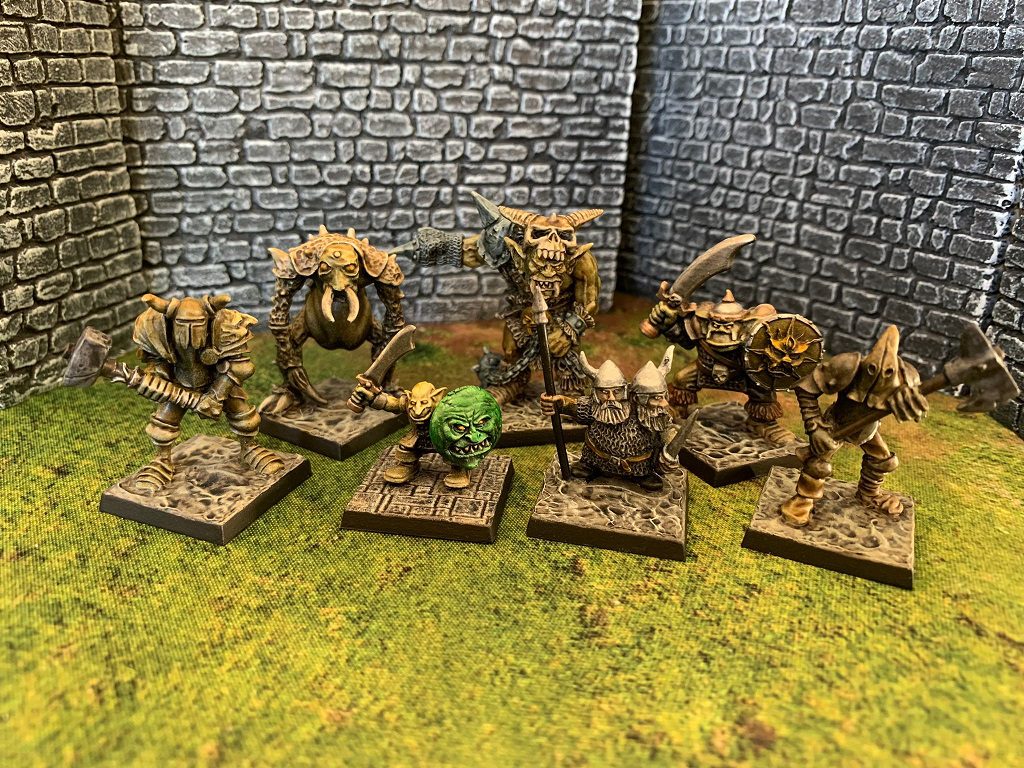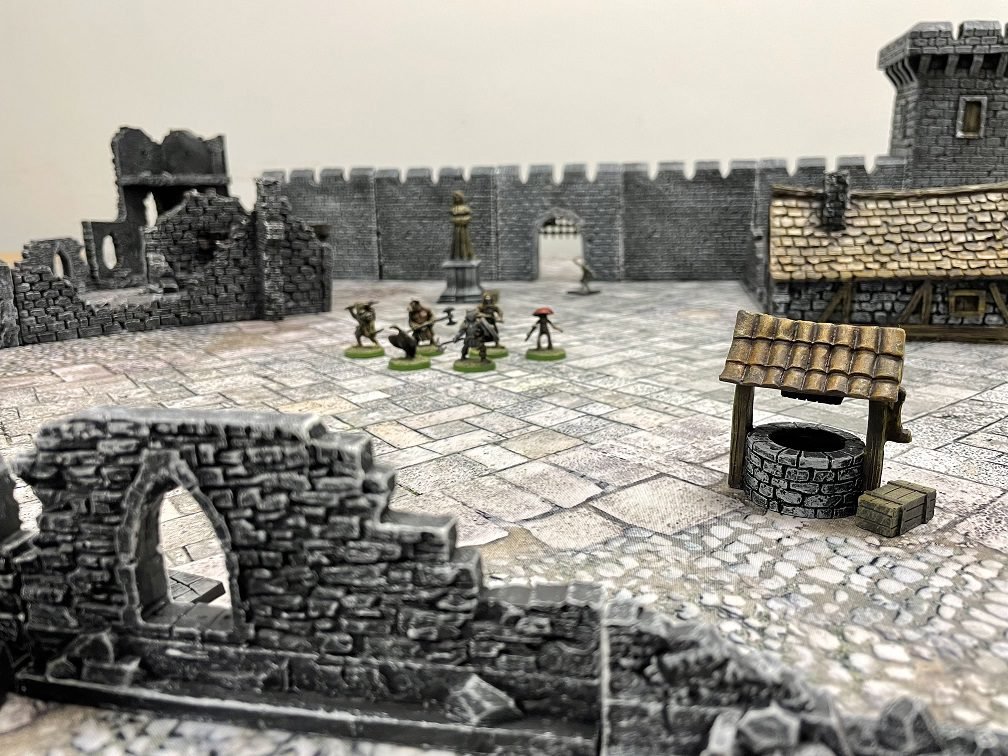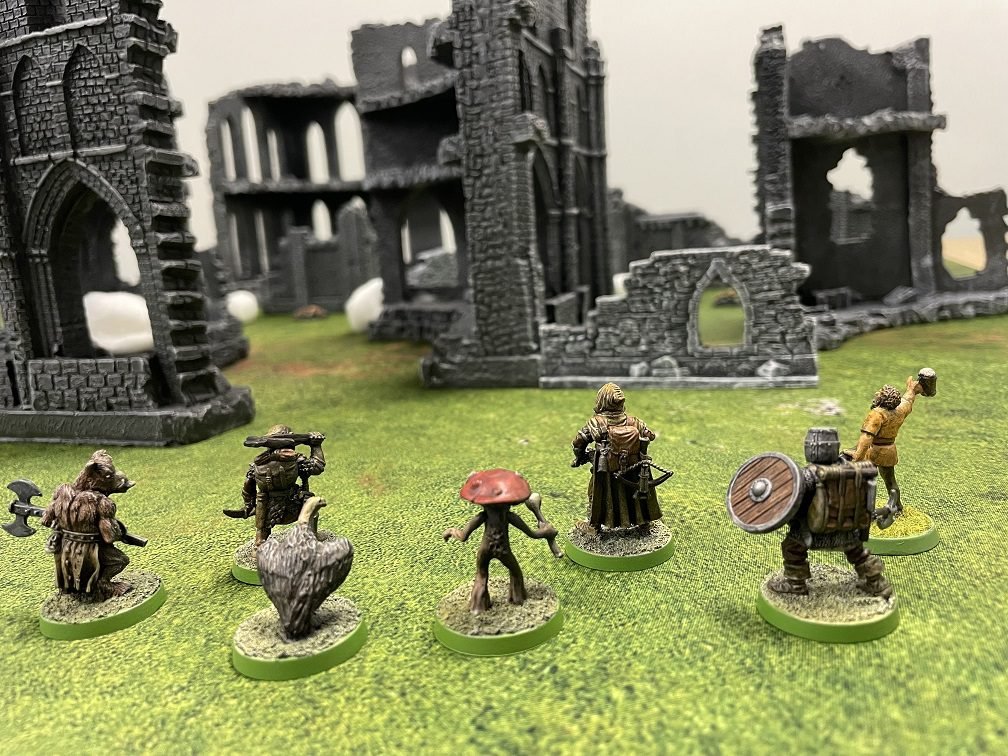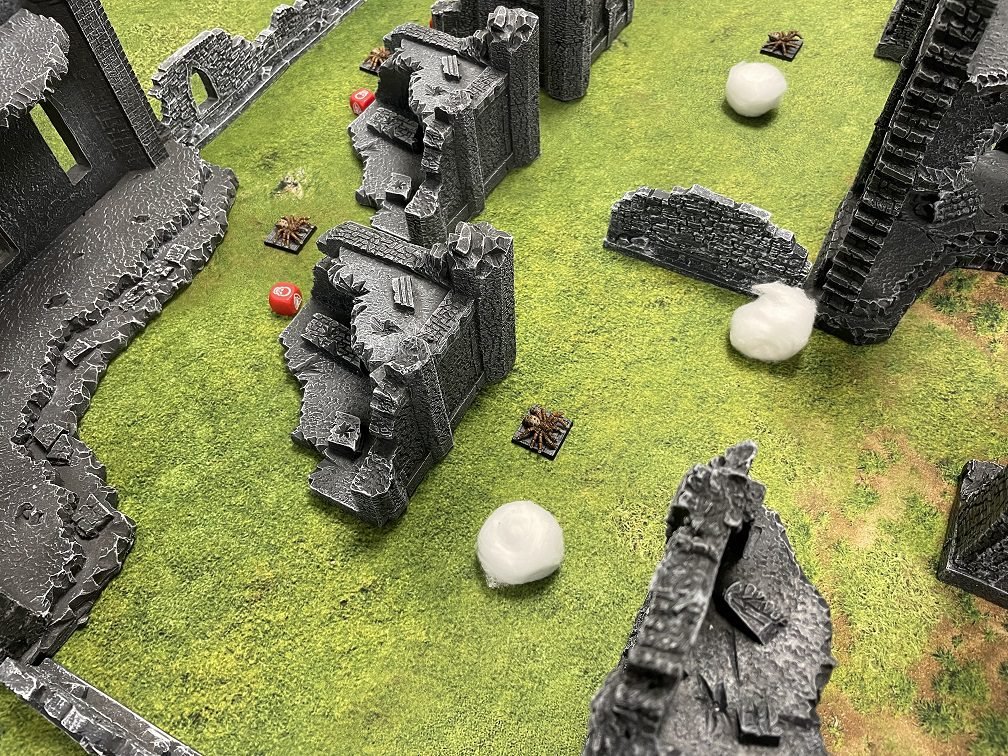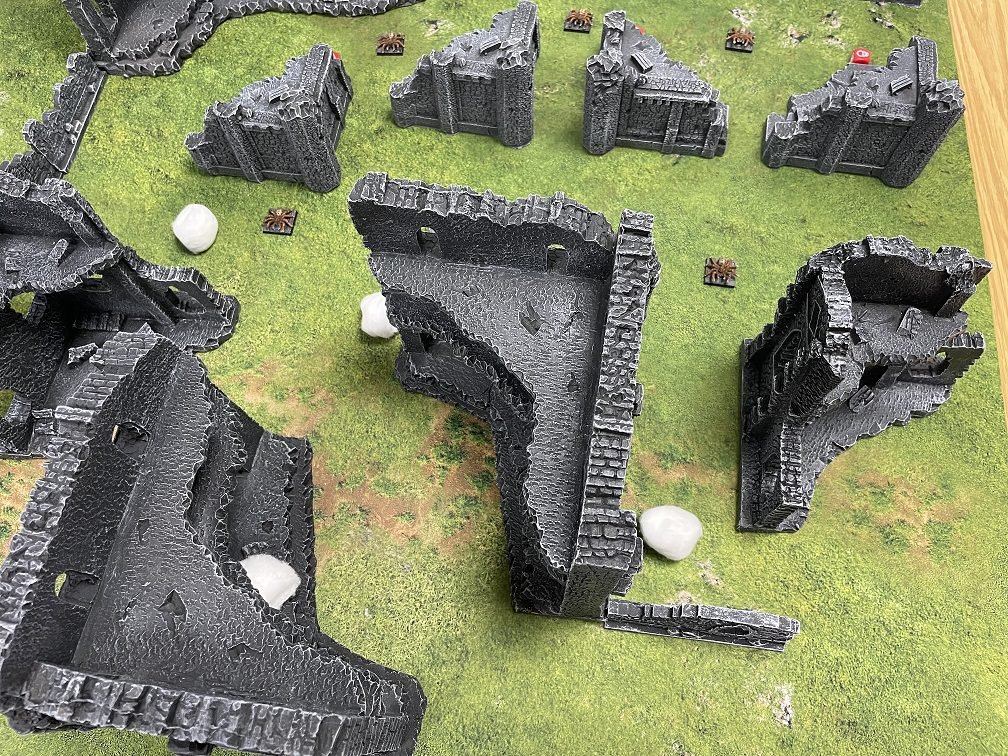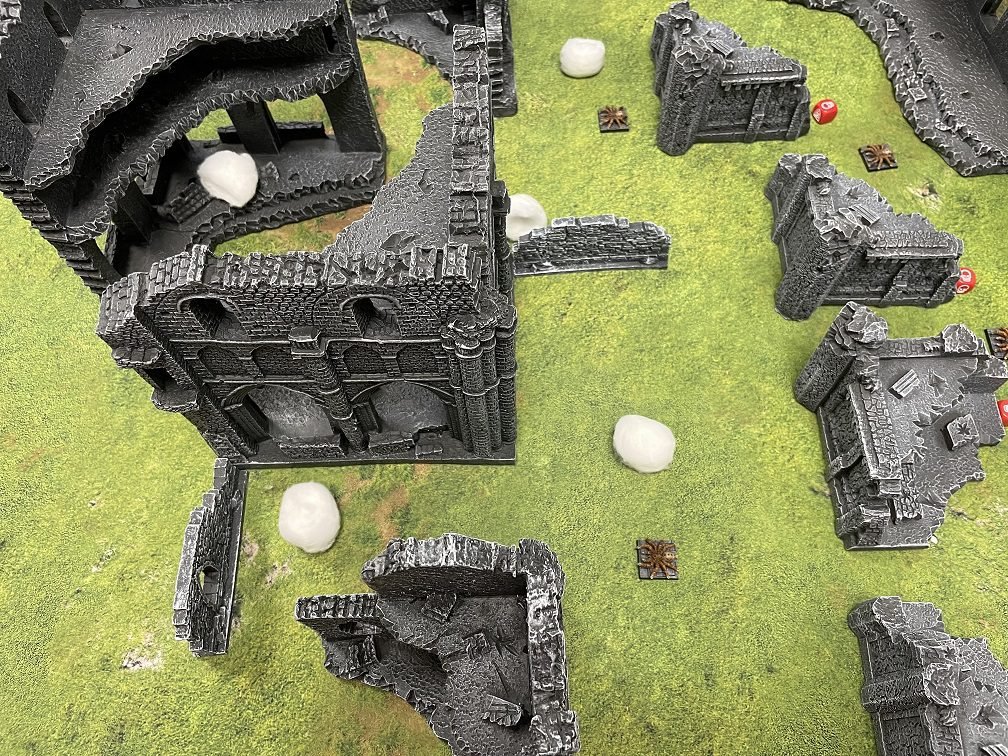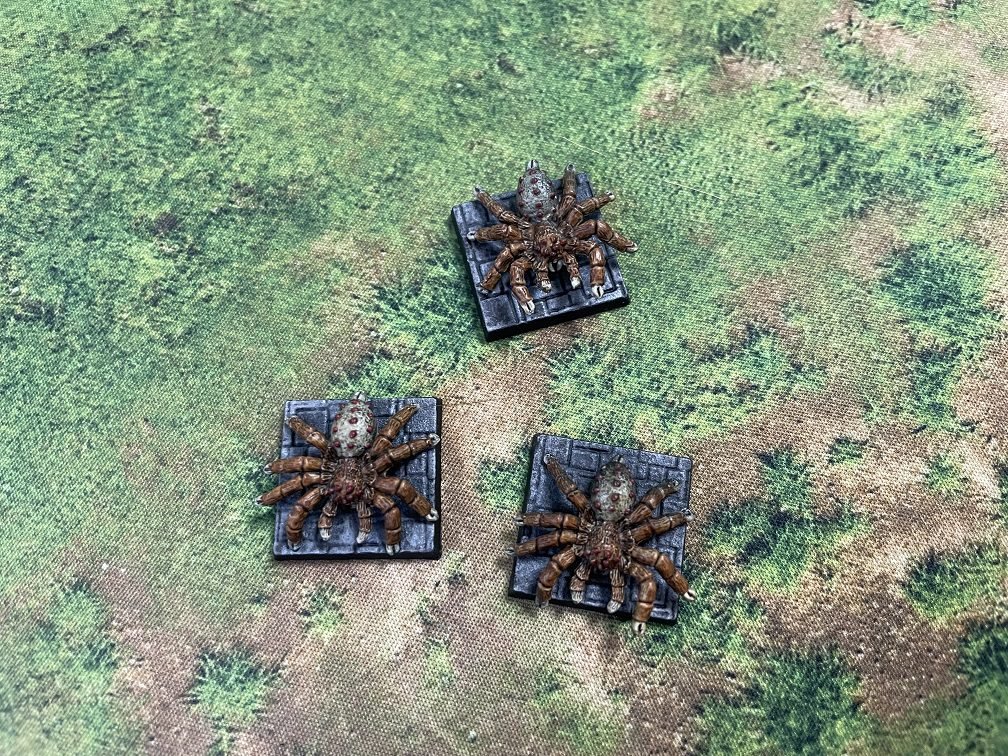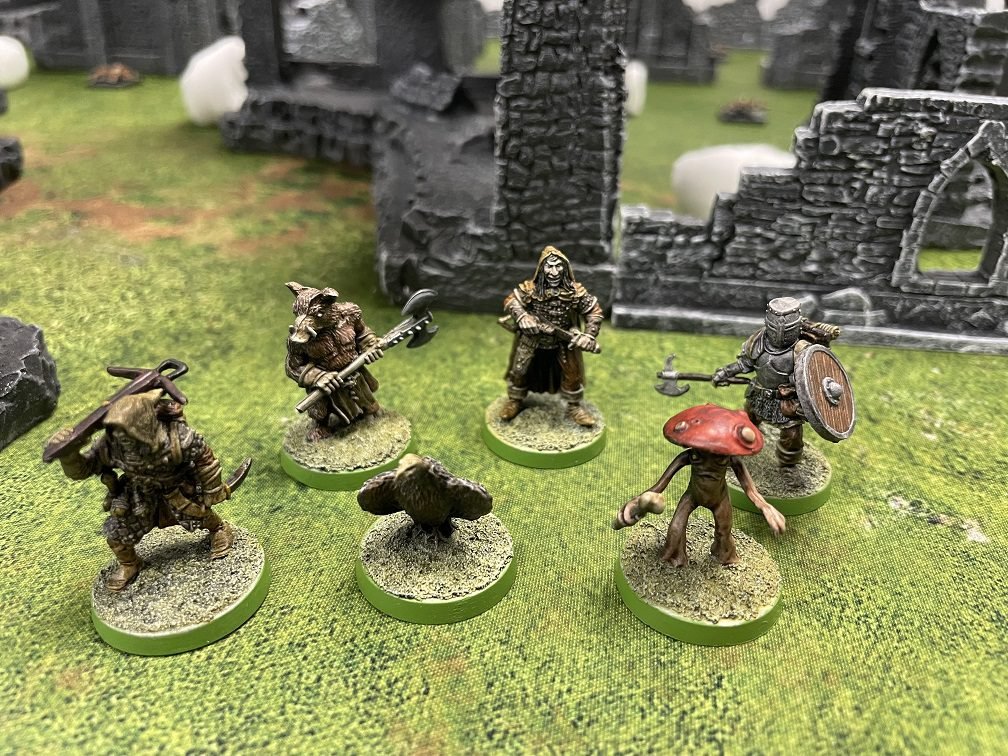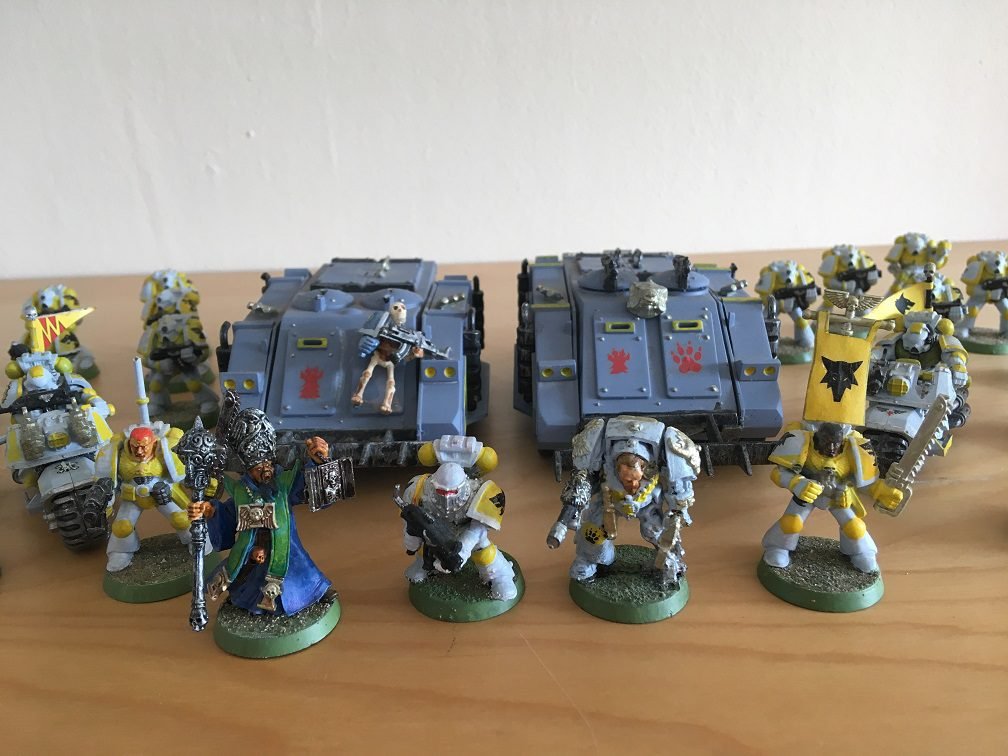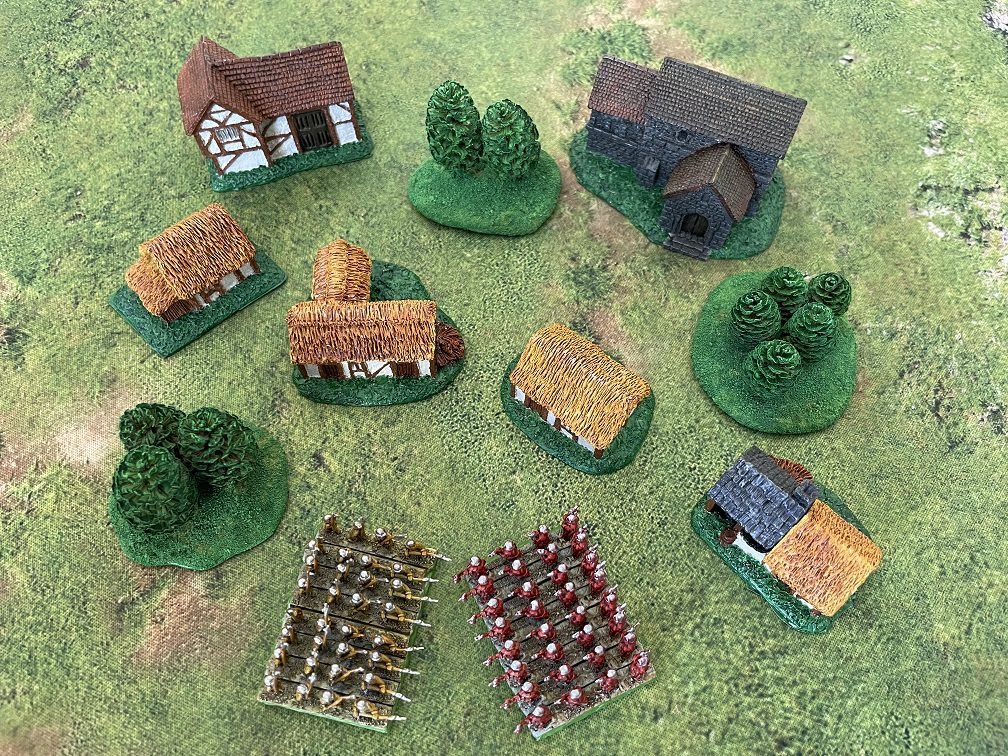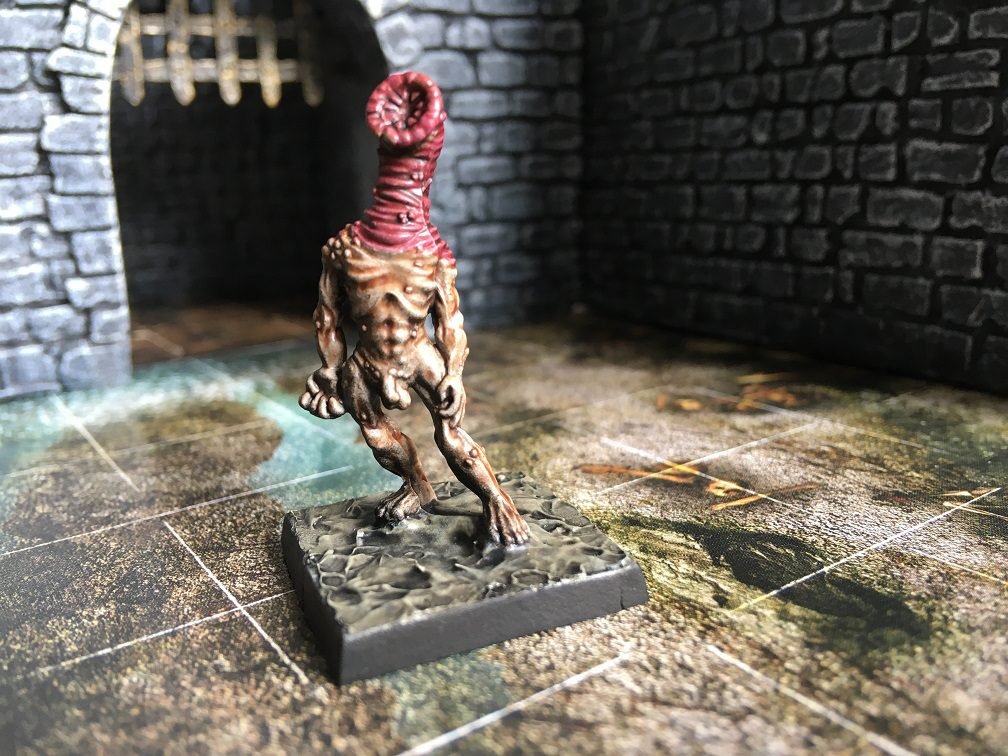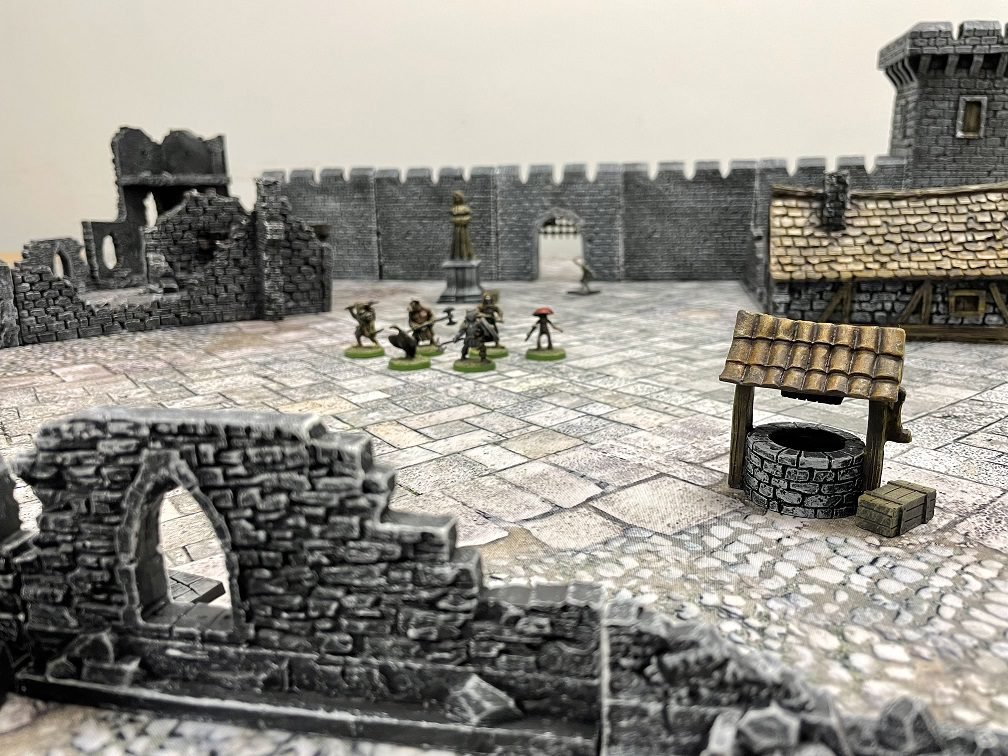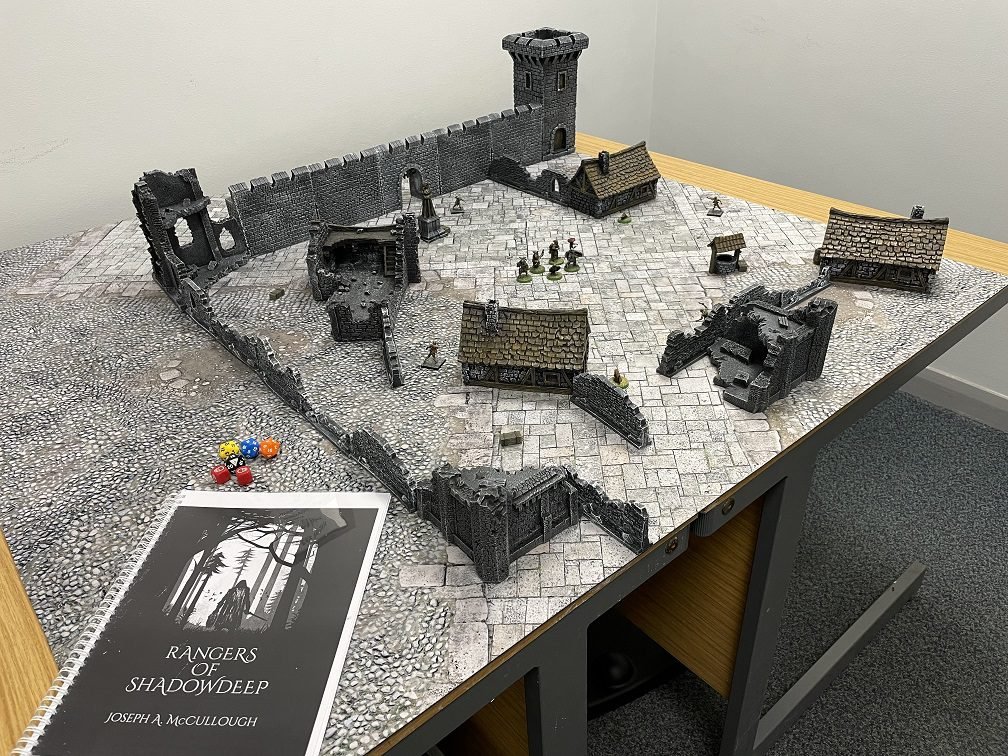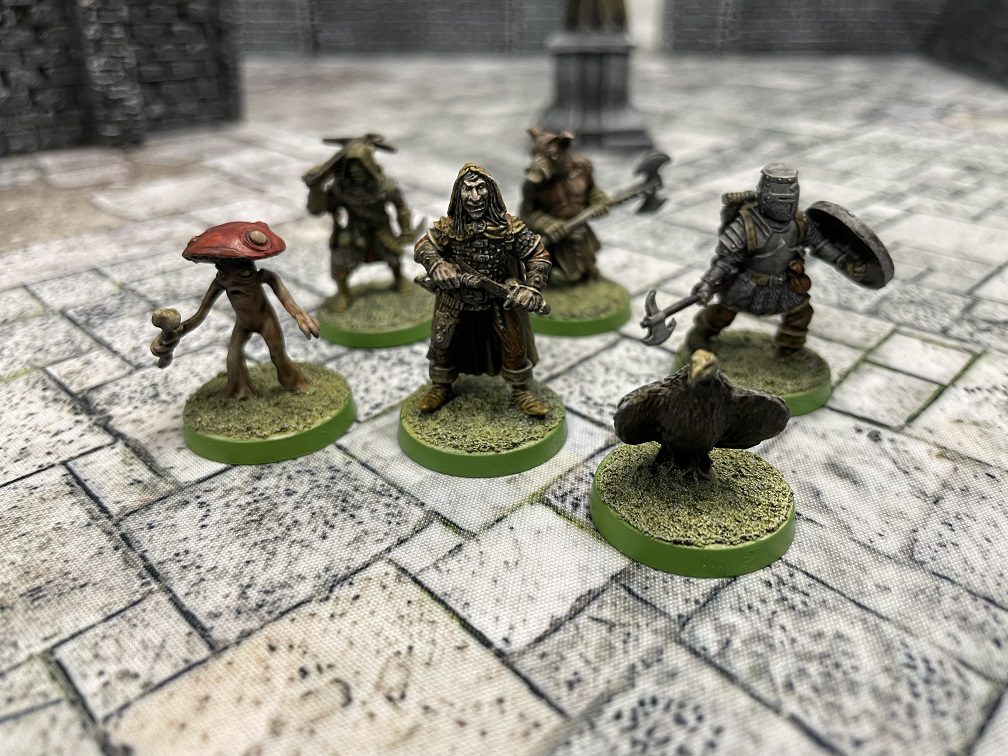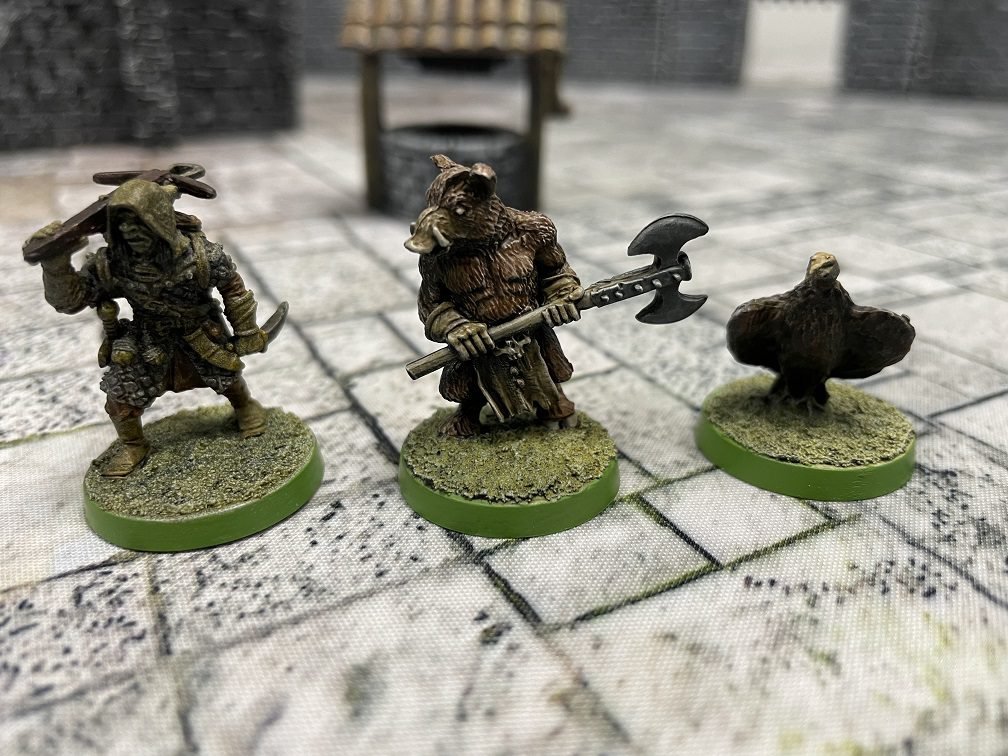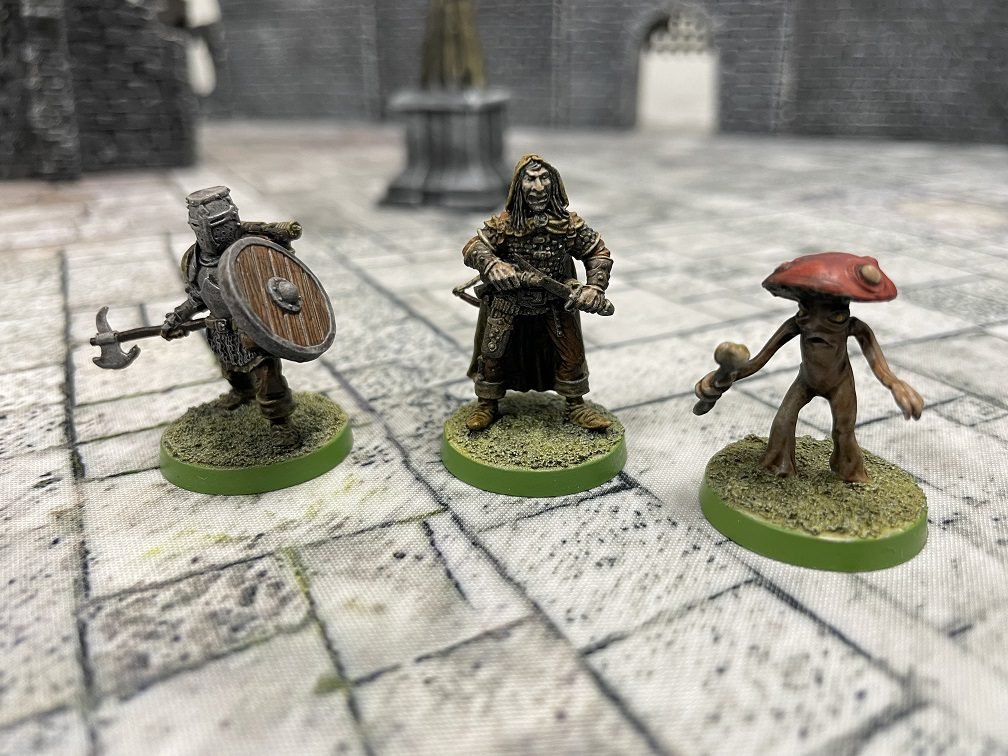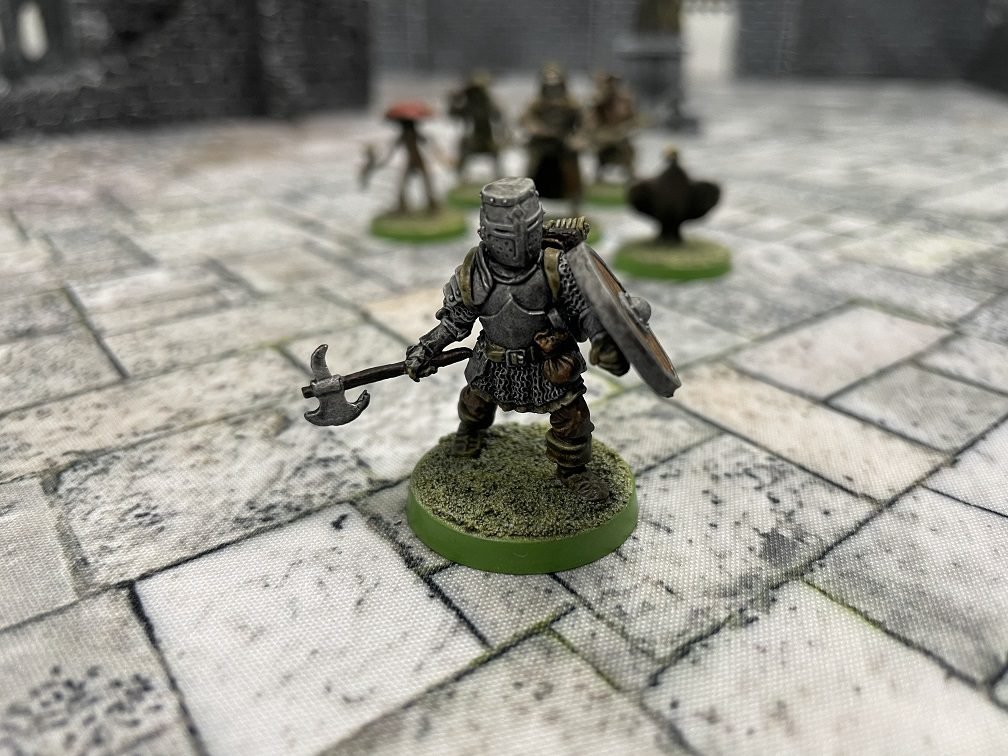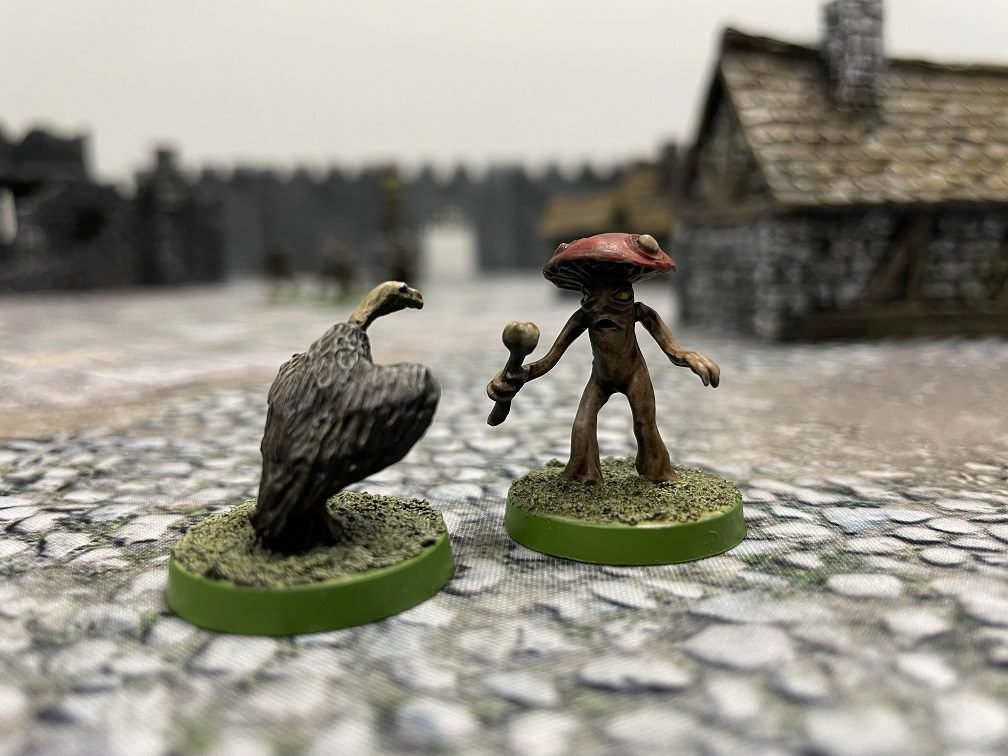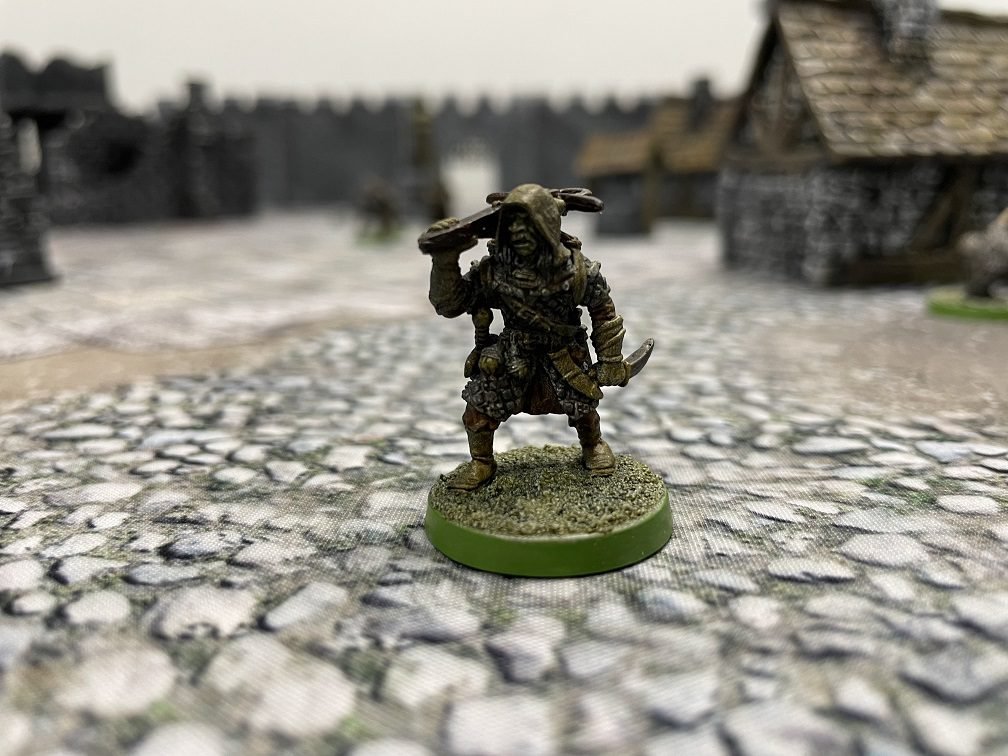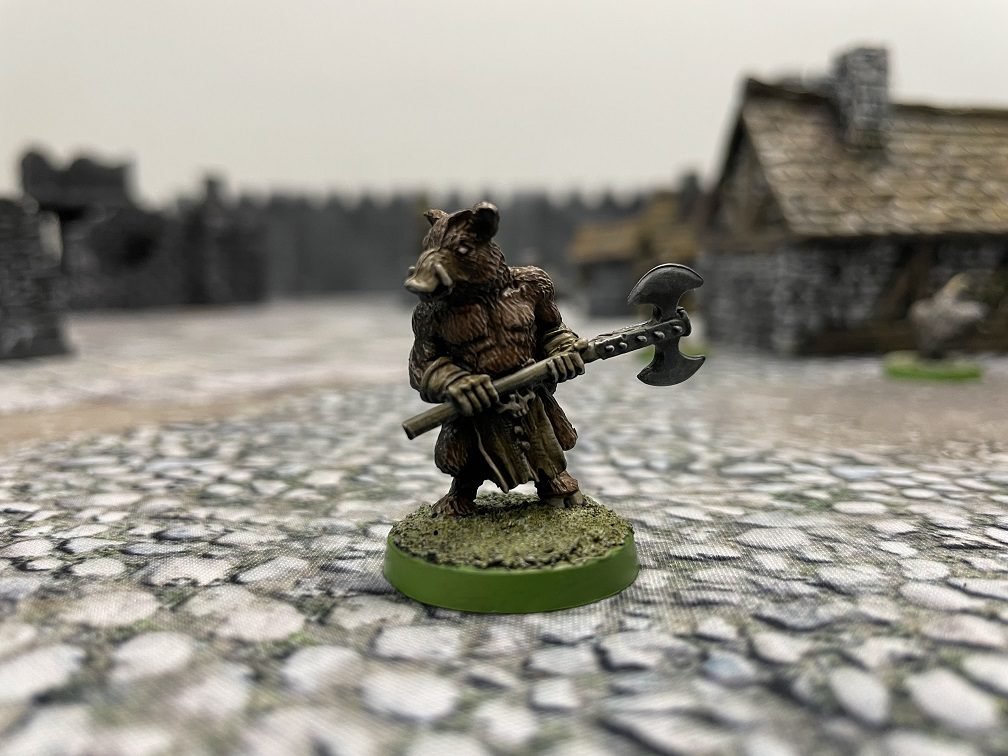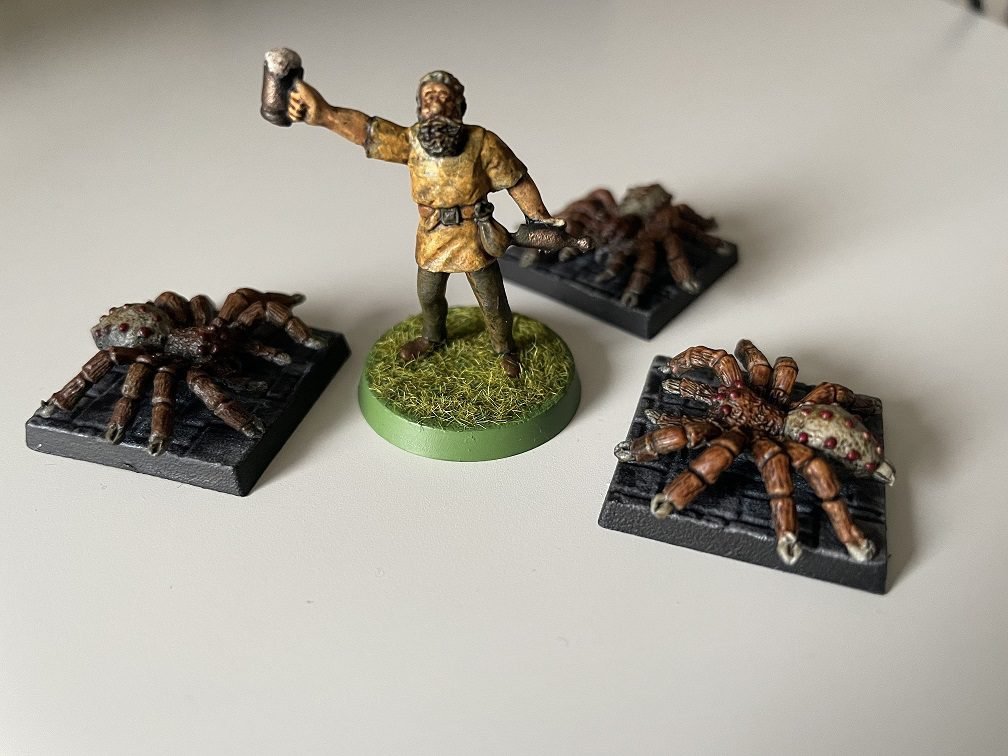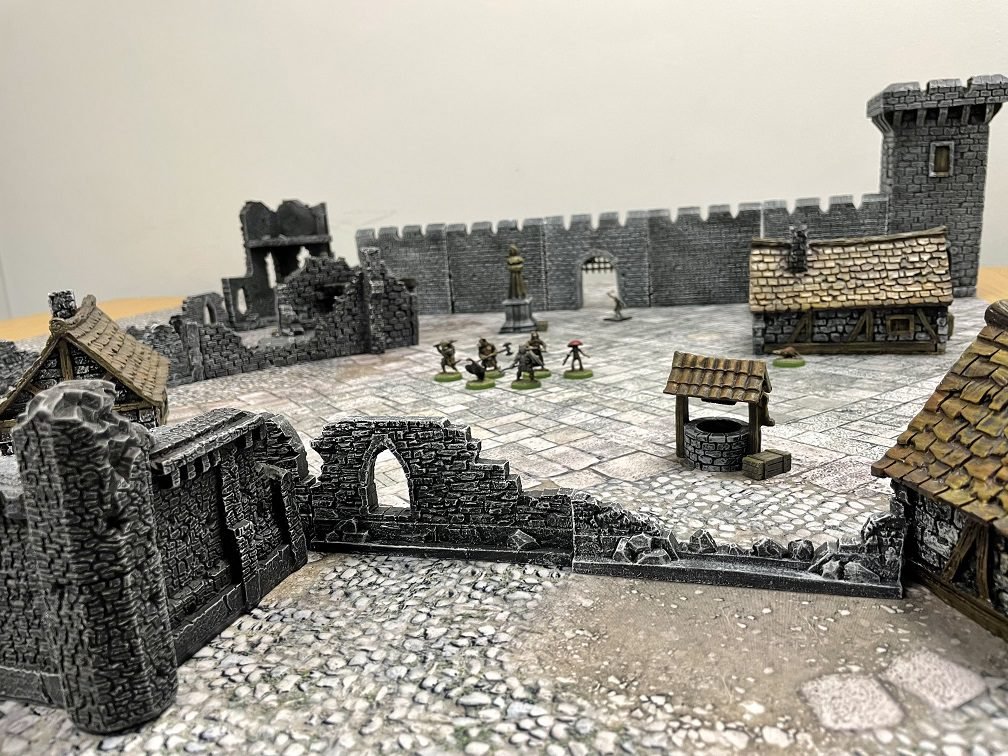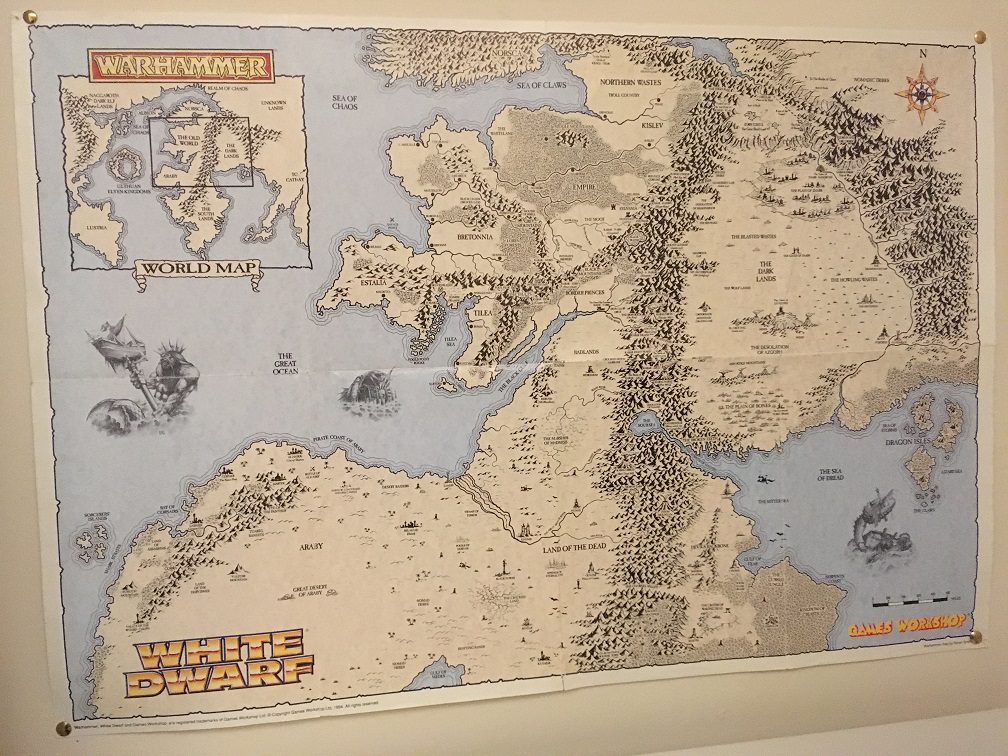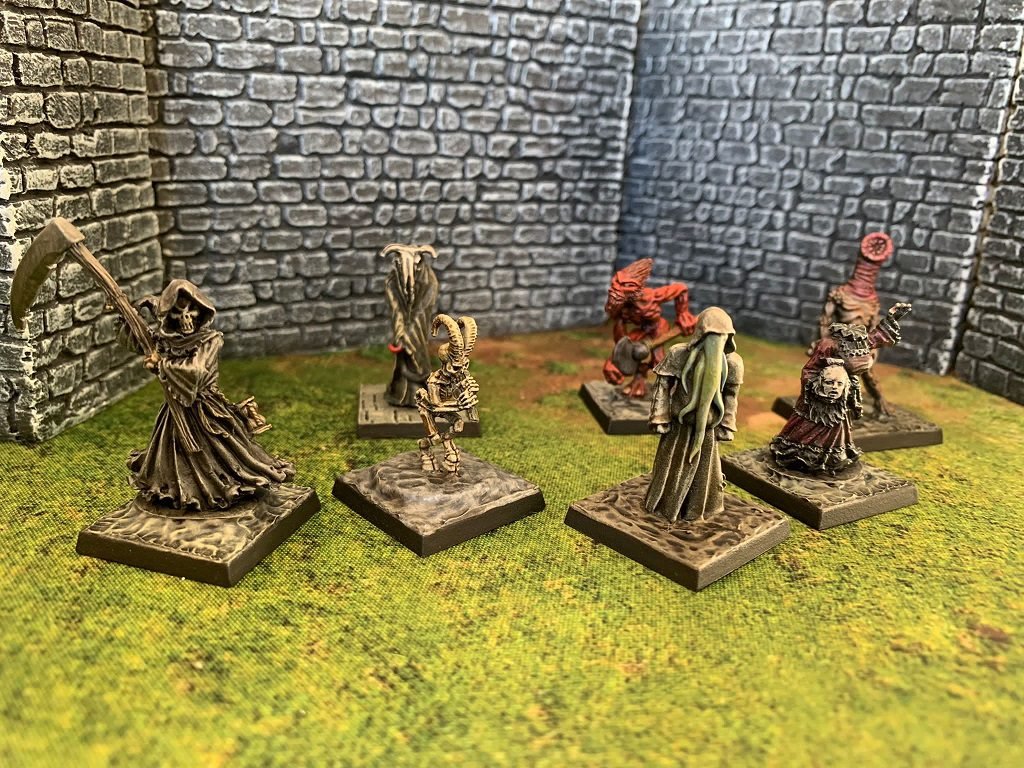Tabletop Scotland 2022 is an event that takes place over the weekend of the 27th and 28th of August 2022. The venue is Dewars Centre in Perth.

The show promises something for everyone, whether you’re a hobby veteran or completely new to it all. You’ll find card games, board games, and roleplaying games all represented, and there are plenty of opportunities to pick up some new miniatures and terrain for your collection.
On this episode, I’m joined by John who’s one of the organisers of Tabletop Scotland. We talk about the birth of the event, its history, and what’s in store for 2022.
Powered by RedCircle
Subscribe on your podcast listening app of choice.
If you’re not based in Scotland though, or simply can’t make it along to the event, then this episode is still worth your while. We also talk about the importance of “real life” and in-person hobby stuff. Podcasts, online communities, and remote gaming are all brilliant in their own ways. But the hobby is a tangible one, and, as John puts it, we are social beings. So no matter where you are in the world, remember there are always opportunities to find local gamers to play against.
We also had a chat about John’s hobby background. He’s the first guest on the show that’s openly said he hates painting miniatures and will do anything to avoid it (whilst still managing to field fully painted armies). This shines a light on the depth and value of the tabletop miniature hobby, and gives an example that you don’t need to do everything. Just pick out the bits you like, and enjoy them.
Horus Heresy was also on the agenda, because, why wouldn’t it be? John’s the proud owner of the old card game version and has played it regularly for the past 30 years. He sounds excited to dive into the new one, too.
If this is your first time listening to the podcast, then thanks for giving it a shot. Remember to check out our full list of episodes right here.
Finally, we have a new Discord channel for the show. It’d be great to see you in there, if you’re so inclined.

